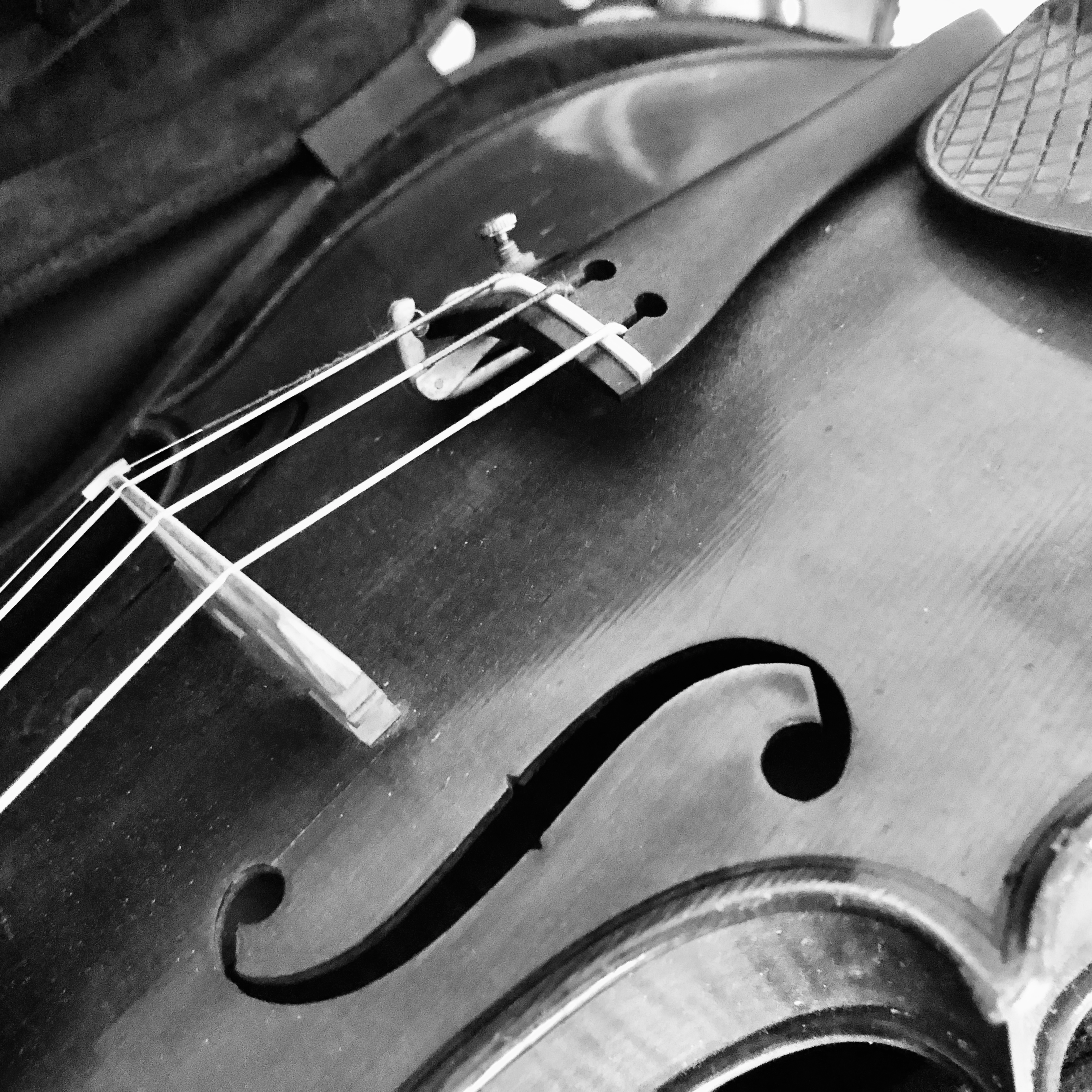
2020-07-27
Too late to learn music?
Once in a while, when I am discussing music with a new acquaintance or the caregiver of a potential young student, they will proffer "Oh, I started piano when I was young. I am so sorry I didn't stay with it -- life got too busy, you know? Now it's too late for me to do it."
Uh, no. An emphatic and supportive no.
I was raised to be a concert pianist; that was my passion as a young person, and the world and the music business looked <very> different then. I poured an enormous amount of effort into building a possible pianistic career. As I moved through university, however, I saw that my personal chances of success were limited by the ridiculous amount of natural talent and, honestly, plain luck one needed to make a concert career. So I started exploring other life possibilities, including other careers and being a music "polymath", i.e. bringing together not just performance, but all the aspects of music. I could write for a long time about that journey, but let me simply say that my takeaway is that music fits our modern lives best when it has a significant, but perhaps not exclusive, rôle in your life. Researchers tell us that humans are "hard-wired" to love music, so in that sense we are all amateurs. But nothing gives me more pleasure than to feed the "amateur" desire to become a better musician simply because it fascinates and makes one happy.
So I am comfortable asserting that we all, at any age, can find a place for music in our lives. I have taught students from the age of five up into the mid-eighties. First step, and an important one, is to decide on the rôle in your life; I would urge almost everyone (almost) to set the expectations to be "perfect" like the top flite artists immediately. Instead, ask yourself "Do I enjoy the sound of an instrument? Do I like the way it works with my body? Do I like solving coordination and intellectual puzzles?" Answering these questions leads you more successfully to the notion of studying music, regardless of age. Moreover, in an age of mind-blowing passivity, when we are relentlessly conditioned to be recipients of "entertainment" and not become active creators and performers, choosing to further your playing regardless of accomplishment is a defiant act. A human one! I highly recommend it... and some of you know that I lead a pretty active digital life also. Perhaps, like me, you are feeling the years accumulate and you know that mind and body are not those of a youth any more. Well, believe it or not, a commitment to music is good for both the brain and the body. Music is a fascinating and low-impact way to keep those skills sharp. Sitting in front of a screen for hours a day (and night) most definitely are not. (Researchers will also tell you that truth.)
Yes, it is a challenge to carve out the daily time one needs to connect to your music. Yes, like all disciplines, you have to be persistent about solving the technical difficulties that will arise. (They will arise). The cost of instruction can be significant, especially as we watch our global economy implode under the weight of the coronavirus. (What would happen if you diverted resources from a "passive" activity like online entertainment subscriptions to music for a while? I wonder.) But I can tell you first hand that my rendez-vous with my instruments each day is a welcome diversion from all the other headaches we juggle. I cannot imagine living without them. Friends and family will tell you that I am a rank beginner on the violin, but I love working through its considerable challenges with the help of my phenomenally gifted teacher. I get excited to see my violin chops occasionally start to come together with the possibility that someday I might actually play it as well as I play my old friends, the piano and organ.
So, as you can see, the answer is more complex than one might guess. If you have more questions about this topic, don't hesitate to contact me and we can chat.
K